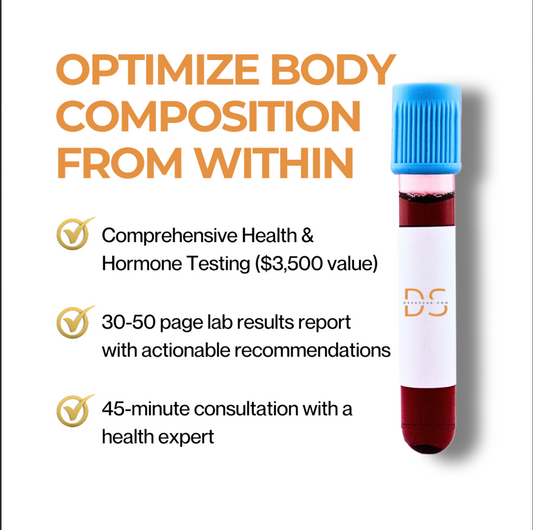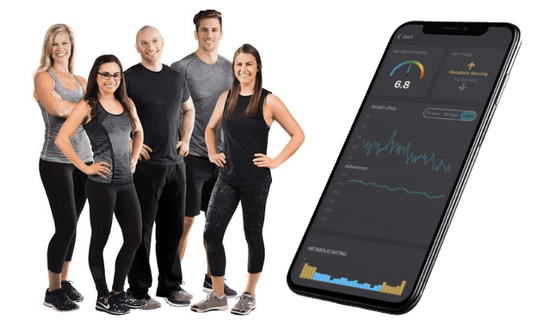THE DEXA SCAN
We believe that a DEXA Scan is The Baseline to Better Health and everyone aged 18-80 should have on-going DEXA Scans to track and measure against their health baseline.
The scan performed by a DEXA (Dual Energy X-Ray Absorption) is a quick and painless Whole Body Scan that provides clarity to the individual using science backed technology to identify body fat, lean muscle and bone health. A DEXA Scan is the GOLD Standard for measuring Bone Health and Body Composition
A DEXA can also provide Three (3) Critical health markers that can be used to identify health risks including Heart Disease, Type 2 Diabetes, Stroke, Osteoporosis and more.
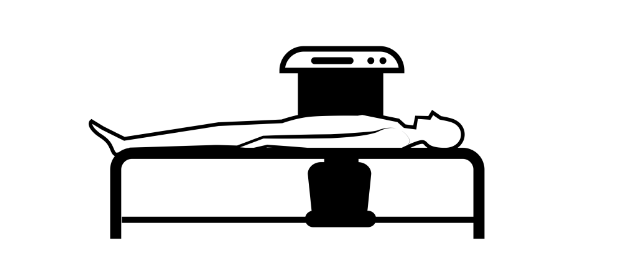
What is a Body Composition DEXA Scan
The DEXA Scan for Body Composition provides the most accurate breakdown of your body including your total body fat percentage, visceral fat, muscle mass and how it is distributed through out your body. Fitness enthusiasts, athletes, and dieters often use body composition scans to get a baseline of where they are now, and to objectively measure their progress.

The total scan takes about 7 minutes, where you’ll be lying flat on the scanning bed. The DEXA is the ‘gold standard’ body composition testing. It has the greatest precision and shorter scan times.
STEP 1: Find a location near you
STEP 2: Schedule an appointment
STEP 3: Prepare! Do not take calcium supplements for at least 24 hours before the exam and avoid wearing clothes with metal zippers or hooks.
STEP 4: Lay flat on the scanning bed for roughly 7 minutes
STEP 5: Directly after you’re scanned, you’ll get your results and will walk through them with a professional.
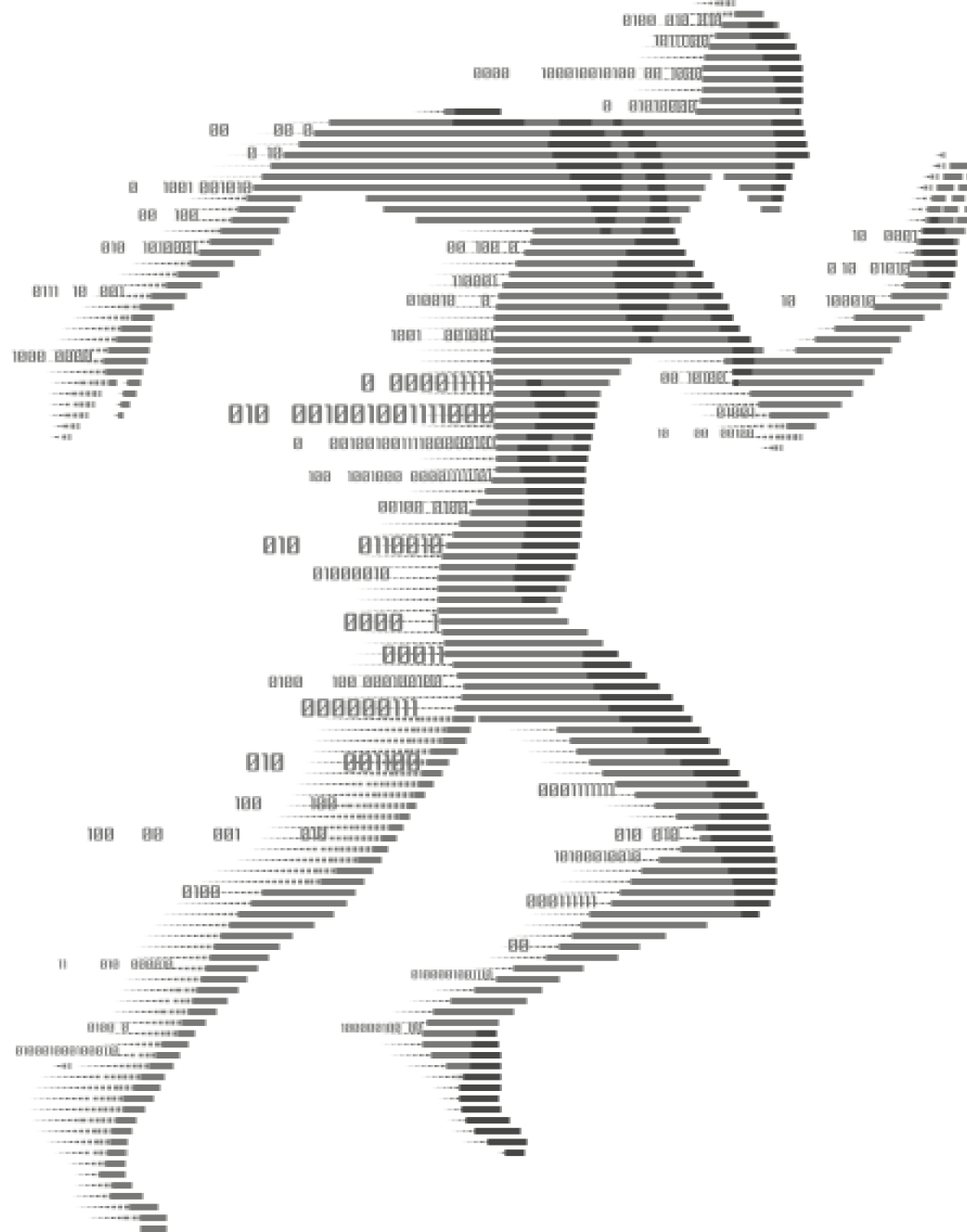
- Total body bone mineral density
- Total body muscle mass
- Total body fat mass
- Total body bone mass
- Total body fat percentage
- Muscle and fat mass in the trunk
- Muscle and fat mass in your right and left arm
- Muscle and fat mass in your right and left leg
- Central abdominal fat measurement
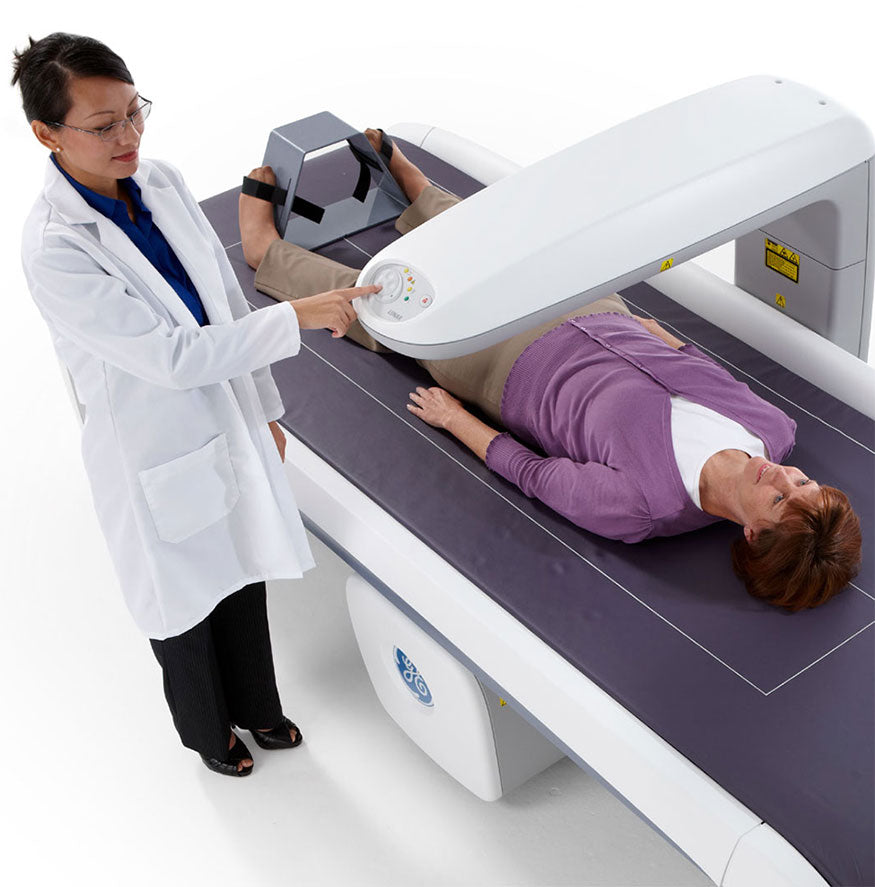
A Bone Densitometry test is used to measure how strong your bones are. It is commonly used to identify osteoporosis, a condition that causes a decrease in the density of bones resulting in fragility, and to determine a person’s risk for developing fractures. Risk for developing fracture is determined by age, weight and family/personal history. DEXA is today’s established standard for measuring bone mineral density (BMD) and is most often performed on the spine, hips or forearm. Talk to your doctor before scheduling a DEXA Scan.

STEP 1: Talk to your doctor about your eligibility for Bone Density Testing
STEP 2: Your doctor will recommend a nearby Dexa Scan provider that is covered by your health insurance.
STEP 3: Schedule an appointment for the scan and an additional appointment with your doctor to discuss the results.
STEP 4: Prepare! Do not take calcium supplements for at least 24 hours before the exam and avoid wearing clothes with metal zippers or hooks.
STEP 5: Lay flat on the scanning bed for roughly 10 to 20 minutes
STEP 6: Discuss your results with your health care provider.
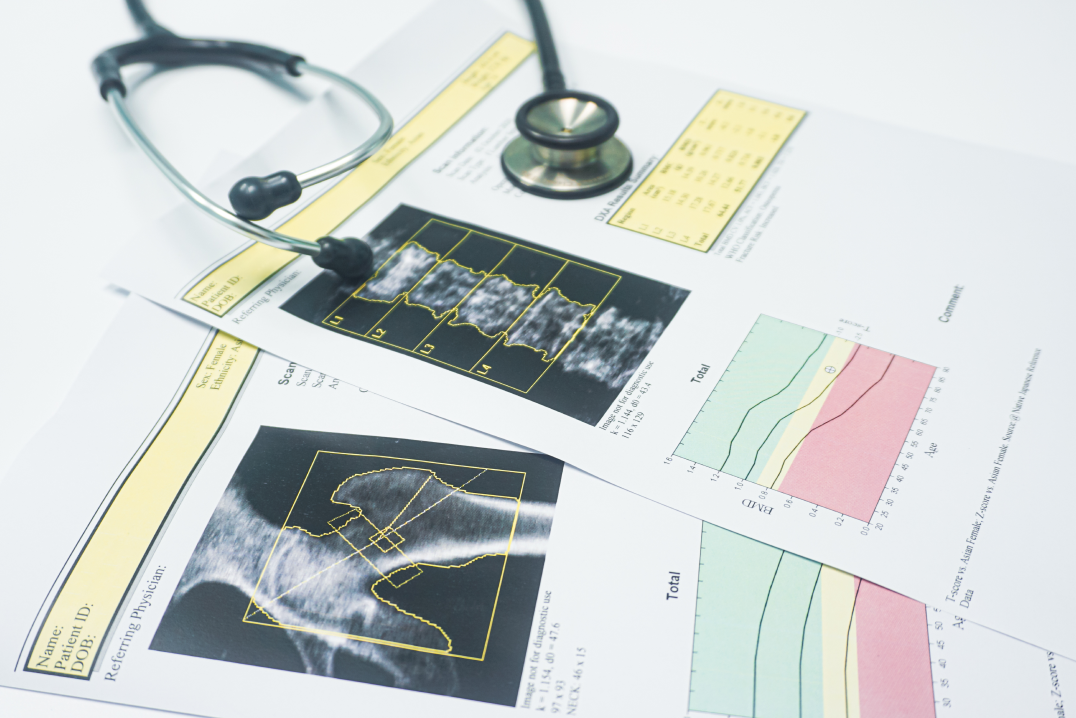
T score: This number shows your Bone Mineral Density compared to young adults of the same gender in peak health.
- -1 and above: this is considered a normal score
- between -1 and -2.5: this is classified as osteopenia (low bone mass)
- below -2.5: this is classified as osteoporosis (extremely low bone mass)
Z score: This number shows your Bone Mineral Density compared to other people in your age group of the same size and gender. If this score is more than 2 standard deviations above or below average, it may indicate a need for further medical tests.
Blog posts
View all-

Coaches Corner: Why a DEXA & RMR Go Hand in Han...
When it comes to understanding your body and making meaningful progress toward your health goals, we often default to surface-level metrics. The number on the scale. The way your clothes...
Coaches Corner: Why a DEXA & RMR Go Hand in Han...
When it comes to understanding your body and making meaningful progress toward your health goals, we often default to surface-level metrics. The number on the scale. The way your clothes...
-

Coaches Corner: ’Tis the Season… How to Avoid H...
November and December is a special time of year with family gatherings, festive meals, and traditions that revolve around celebration. But as wonderful as all that is, this season also...
Coaches Corner: ’Tis the Season… How to Avoid H...
November and December is a special time of year with family gatherings, festive meals, and traditions that revolve around celebration. But as wonderful as all that is, this season also...
-

Coaches Corner: 10,000 Steps: Fact or Fiction?
Most of us have heard the recommendation: “Walk 10,000 steps a day.” It’s a popular benchmark in the health and fitness world. Fitness trackers buzz when you hit it. Apps...
Coaches Corner: 10,000 Steps: Fact or Fiction?
Most of us have heard the recommendation: “Walk 10,000 steps a day.” It’s a popular benchmark in the health and fitness world. Fitness trackers buzz when you hit it. Apps...
Shop DEXA Products
-
Health & Hormone Optimization Blood Test
Regular price $650.00 USDRegular priceUnit price / per -
Health Optimization Food Intolerance and Gut Health Test
Regular price $495.00 USDRegular priceUnit price / per -
Free 30 Day Nutrition Coaching Meal Plan and Fitness Strategy
Regular price $0.00 USDRegular priceUnit price / per




